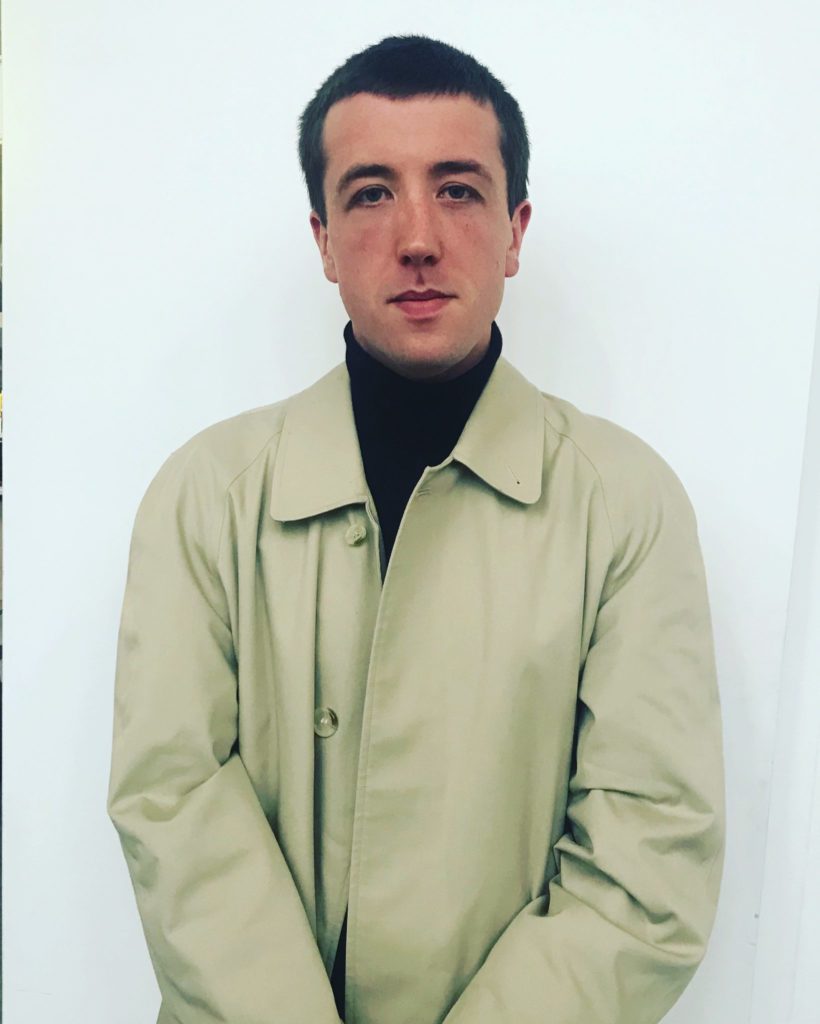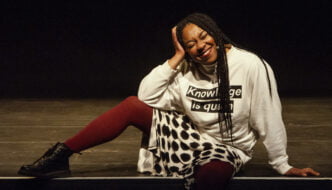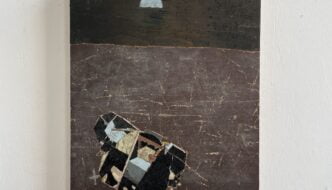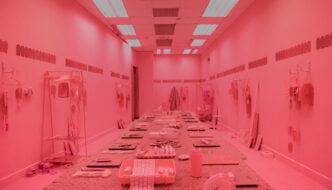“There has to be hope” – Matthew Thomas Smith on his debut poetry collection ‘Songs’
March 13, 2020

In his debut poetry collection, ‘Songs’, Matthew Thomas Smith tears away the skin of Liverpool to uncover its strange subcutaneous tissue. The work not only reveals a rarely glimpsed layer of Liverpool, but also brings to mind so many similar towns and cities across the UK, brought to decrepitude through decades of austerity. The characters in ‘Songs’ grasp for something, but all that surrounds them is the stale air of inertia; it is almost irreal, as if they are trapped in an “arts-council-funded-film with sound turned off”, as Smith writes.
There are several allusions to cinema throughout the collection. I had the chance to politely interrogate Matthew Thomas Smith over email, and I asked him about the relationship between poetry and cinema. “Good poetry is evocative and illuminating. Good cinema is poetic” he responded.
His phrasing – ‘…cinema is poetic’ – made me think of the essay ‘The Cinema of Poetry’ by (filmmaker and poet) Pier Paolo Pasolini, in which he describes how each artform uses similar tools, such as the “free indirect point-of-view shot”, which allows the creator to delve anywhere, fashion any reality they wish, revealing their purest vision to the audience. It seems that Smith employs a similarly free perspective in the narration of his poems, particularly in ‘Daybreak’, a 529-word “epic”, as Jeff Young describes it in his introduction to the book.
‘Daybreak’ does feel like the cornerstone of the collection, where the soul of the book is crystallised in a barrage of weighty images. The poetic lens drifts through a neo-purgatorial landscape of “sleeping bags”, “empty takeaway boxes”, “yesterday’s chewing gum and cigarettes”, while a voice repeats: “it is as if / somewhere / somebody knows”. The certainty of this phrase filled me with a curious (and uncharacteristic) sense of optimism, as if this omniscient “someone” was a kind of protecting force. I asked Matthew whether there was a sense of hope intended in these words. “That is not what I was going for,” he said, “but I am glad that you have arrived at this wondering. There has to be hope. Hope has kept me alive.”
But as change becomes ever-more implausible, hope becomes ever-more ethereal. Despite its relevance to the current political moment, ‘Songs’ feels like it could be time-machined back to the 1980s and it would still resonate with many communities. Likely it will continue to resonate decades from now. “That is the great sadness of this collection,” Matthew said, “These poems seem to be timeless as nothing has really changed for me, the people or the world around me.”
So where do people find hope in an endless stretch of stagnation? Perhaps symbols can provide us with “a dream of something”, as Pasolini might say. Maybe this is why ‘Songs’ ends with the ultimate symbol of hope, a newborn baby, appearing in the closing poem ‘Tilda’. The baby clings to the finger of the narrator while fireworks go off outside. This provides a heartening moment of peace amid the chaos; we hope for a not-so-desolate future for this child. Symbols cannot change the present, cannot affect the material circumstances of alienated communities, but there are no instant effects in art.
I remember speaking to the editor of a respected UK publishing house, an old hippy who started publishing radical poetry in the aftermath of the ’68 Paris riots. When talking about his early career, the editor said something quite disheartening, something to the effect of “we really thought poetry could change things back then…” In light of the themes portrayed in ‘Songs’, and perhaps still winded by the words of the disillusioned editor, I asked Matthew: do you think it is possible for poetry to change society in this day and age? “Yes. Good art can do that. It can. It has to.”
Matthew Thomas Smith is also a member of the art collective Psycho Comedy who released their debut LP on the 14th of February 2020. The record is available on all streaming outlets and is available to purchase at Dig Vinyl, Probe Records, HMV Liverpool One, Piccadilly Records and via their Bandcamp: https://psychocomedy.bandcamp.com/
Michael Sutton is a writer, artist and musician based in Liverpool. Several of his poems appear in the recently released ‘Give Poetry A Chance: The Anthology’, available now from lulu.com (all proceeds donated to Souse Kitchen). His sculpture ‘Birdhouse Sunrise Reconstructed’ is currently on display at the Museum of Futures in Surbiton. His band Come Bubbles are performing at Sound Basement in Liverpool on Saturday 28th of March.
Filed under: Written & Spoken Word
Tagged with: art, book, cinema, city, collection, conversation, hope, interview, liverpool, matthew thomas smith, poem, poetry, songs, writing



Comments